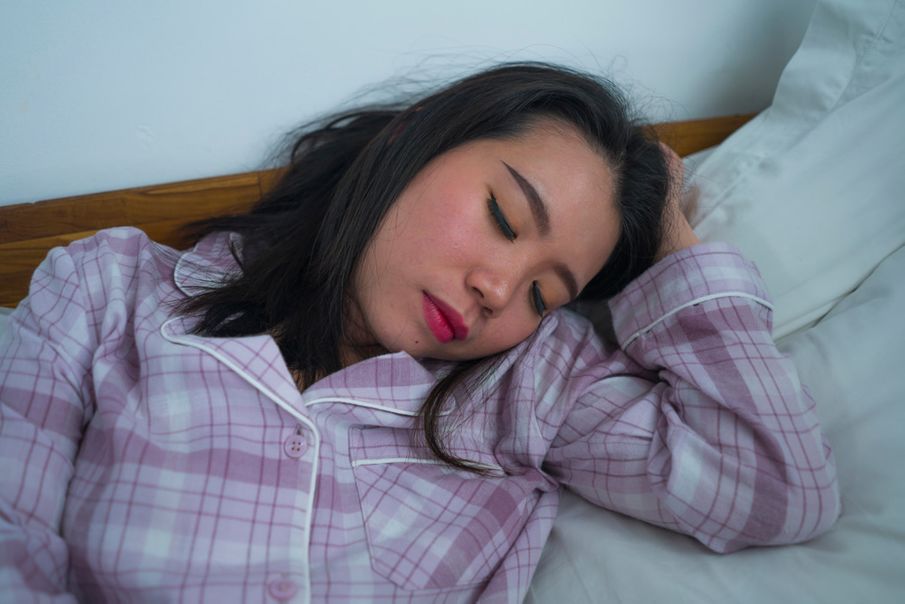Anxiety, financial stress, and academic pressure is keeping more than half of UK students up at night, putting them at risk of poor mental health
Getting plenty of sleep may have once been a staple in student life, but new research has revealed a worrying trend among students who admit stress and anxiety is intruding on their sleep – keeping them up at night and affecting their academic performance.
In research released by mystudenthalls.com, one in five students reported getting less than five hours of sleep every night. 51% point to anxiety as the cause of this disruption, a further 44% cited financial stress – and with tuition costs alone totaling £9,000, who could blame them?
But it’s also thought that this drop in quality sleep is affecting students’ academic performance, as the number of students who are dropping out continues to rise – and 40% say that they miss lectures because they are too tired.
But beyond the academic impact, a lack of sleep can have a detrimental effect on our mental health – trapping us in fatigue cycles. Psychological symptoms of sleep deprivation can include:
- Low mood
- Anxiety
- Forgetfulness
- Erratic behaviour
- Depressive disorders
Additionally, according to the Sleep Council, of those who sleep for less than five hours each night, 21% live with depression and 17% with anxiety – putting students who fall into this category at risk of long-term mental health problems.
Considering the cause of this sleep epidemic, Dan Roberts – founder and director of mystudenthalls.com – points to difficulty finding balance as the root of what is causing this drastic drop.
“Students are under a lot of pressure to perform academically, whilst also maintaining a fun and social lifestyle,” he explains. “It’s clear that this is causing students a lot of stress, and in particular, is having an effect on their ability to rest.”
As Dan sees it, universities must begin ensuring that they are looking into the factors that could be preventing students from not getting enough quality sleep. But until then, this study serves as a reminder of the importance of sleep, and the need to be proactive about prioritising our health even through difficult times.


Comments